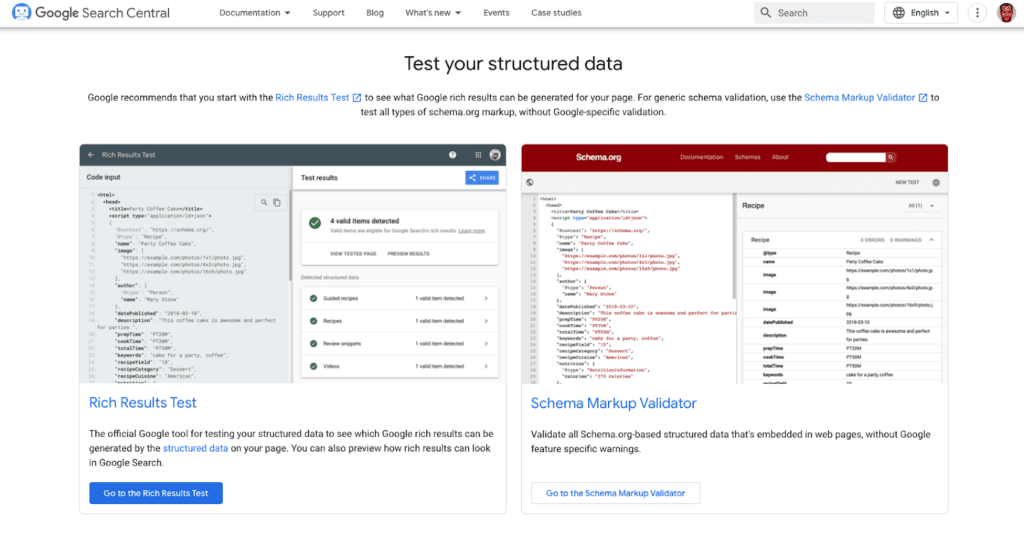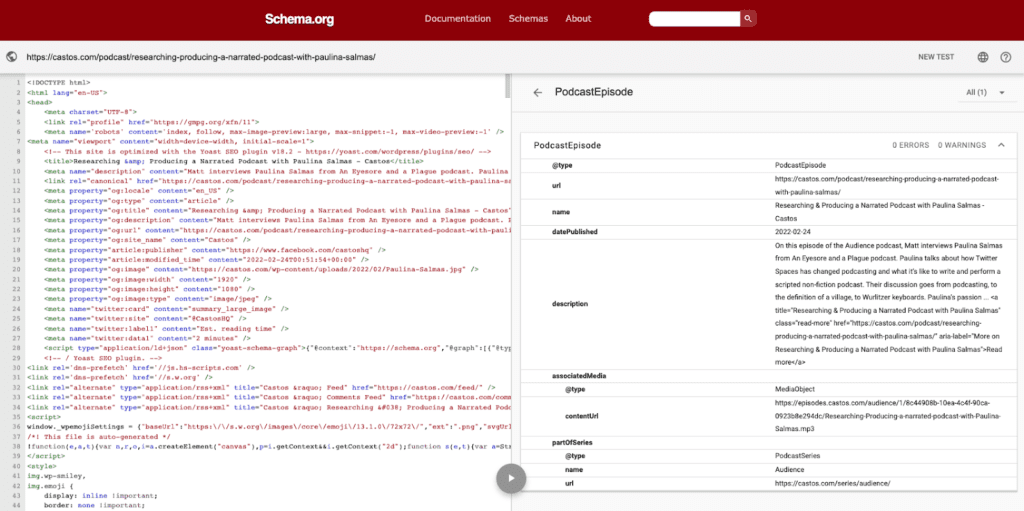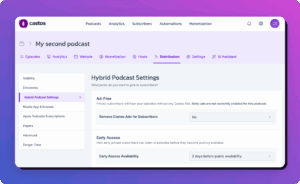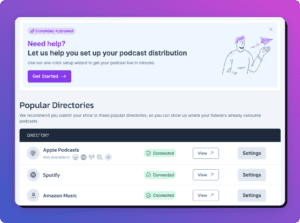It’s always been difficult to rank podcasts well on Google and other search engines. This is because search engines like Google can only read text. It doesn’t have any way of knowing what’s said in your episode, so it doesn’t know which terms to rank it for.
You can fight this problem a bit by including show notes and episode transcriptions on each episode’s page along with the media player. This gives Google something to read and evaluate, but it doesn’t go far enough.
In order to make your pages attractive to search engines, it’s important to include the specific data points those search engines are looking for to understand your page. Ideally, you need a way to do this automatically and at scale so you can get back to producing great podcast content, rather than spending hours writing tedious HTML code.
That’s where our new Yoast SEO integration comes in. With this new feature, you can supercharge the power of Yoast SEO and add key SEO data points to the code of your podcast episode pages. It all happens automatically. There’s no need to write a single line of code.
Let’s talk about why this integration is important and how it works.
Yoast SEO and Structured Data
Yoast is the industry-leading SEO tool for WordPress sites. It helps website owners produce great content and get more traffic from search engines by handling all of the technical details of SEO. It’s used by more than 12 million websites!
If you’re a WordPress website owner or manager, you’re probably familiar with Yoast. It helps you format your pages for better readability and search engine appeal. Yoast adds a widget to the bottom of the page and post editor that gives you valuable tips to improve that page/post’s SEO, thereby helping you map content on-site for search engines.
But Yoast offers another benefit as well: structured data markup. Here’s Yoast’s definition of structured data:
Structured data is a way of describing your website to make it easier for search engines to understand. You need a so-called vocabulary to make it work, and the one used by the big search engines is Schema.org. Schema.org provides a series of tags and properties to describe your products, reviews, local business listings, job postings, et cetera in detail.
The major search engines, Google, Bing, Yandex, and Yahoo, collectively developed this vocabulary to reach a shared language to understand websites better. Today, search engines use it for many things, from fact-checking content to COVID-19 alerting!
If structured data is implemented correctly on a page, search engines have a much easier time understanding what that page is about. While there’s no evidence that structured data has a direct effect on rankings, they make your pages appear more prominently in the search results, especially if you can get your page to appear in the form of rich results. This improved visibility is known to boost click-through rates.
To be clear, structured data is not visible on the page. It’s code that exists in your HTML, but won’t be seen by viewers. It’s solely for search engines. Think of it like a secret language that lets you tell search engines exactly what your page is about.
Castos’ Yoast SEO Integration
Now, Yoast integrates directly with Castos’ Seriously Simple Podcasting WordPress plugin in order to offer rich SEO structured data to every podcast episode page you publish.
With this integration, Yoast will automatically add structured data markup about your podcast to your podcast pages using the built-in schema system. This will help search engines (namely Google) understand your show, categorize it properly, and rank it high.
Which structured data points will be included in your pages?
- Podcast title
- Host name(s)
- Website URL
- Cover Image
- Description
- Series (if any)
How to Use the Yoast SEO Integration
All you have to do to take advantage of this powerful SEO integration is simply install Yoast SEO and Seriously Simple Podcasting. Yoast will automatically pull the necessary data from your Seriously Simple Podcast RSS feed details to add relevant podcast schema to your pages.
The result? Your pages will become more attractive to search engines. You’ll increase the likelihood of getting rich results on search results pages. And there’s a chance your rankings will improve. Keep in mind that this doesn’t require any work on your part. All you have to do is activate the integration.
See it for yourself. To test whether your site has Rich Text available to Google you can use any existing podcast episode URL in this testing tool.
And here’s what search engines see. Notice all of that extra data they have to evaluate your page. This gives you an easy way to see what Rich Text your site is already displaying for Google to process. It also helps you identify what’s missing.
Automation with Castos
At Castos, we’re all-in on automation. This integration is just one piece of our growing ecosystem of automated tools. Our goal is to make creating and marketing your show fast and seamless. Check out some of our other automated tools:
- Automated transcriptions
- Automated YouTube republishing
- Manage private podcasts with ConvertKit
- Edit your show with Descript
- Build custom integrations with Zapier
Action
Read to start your own podcast? Learn the nitty-gritty details of starting your own show in our comprehensive guide. Learn how to start a podcast.





Comments are closed.